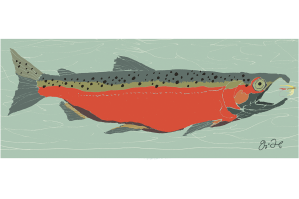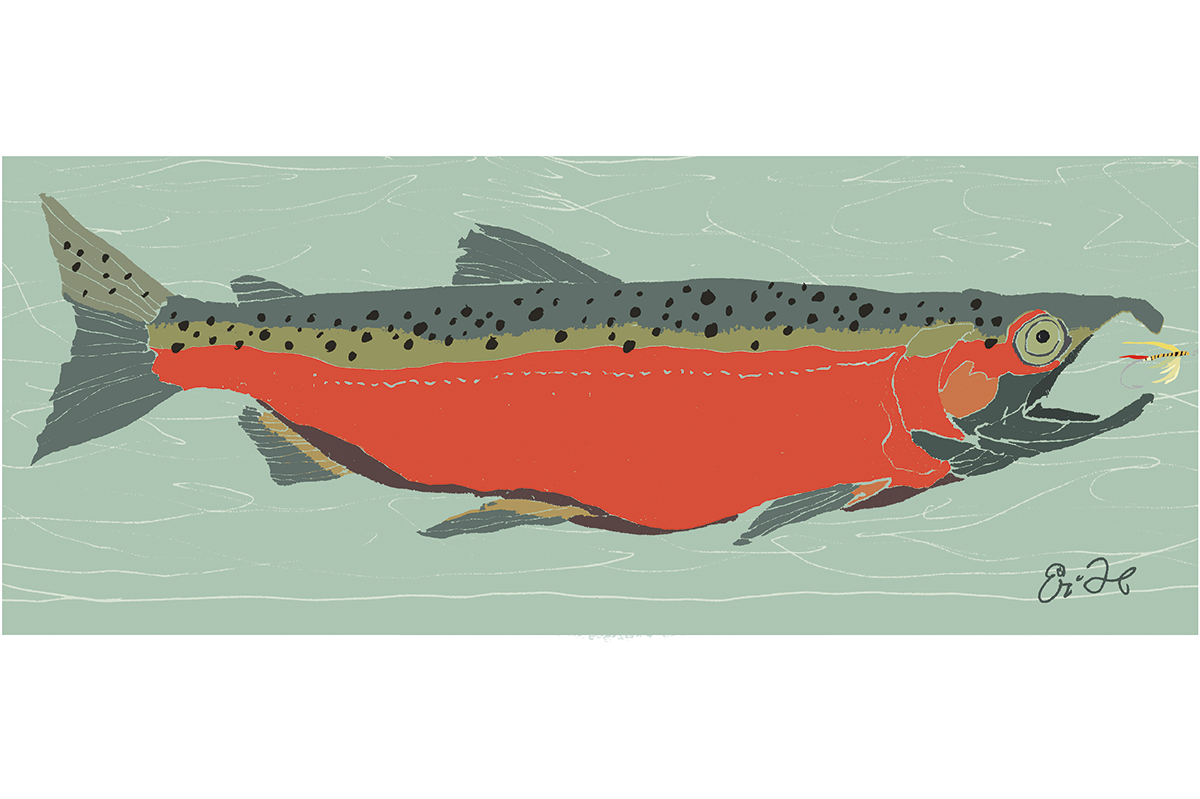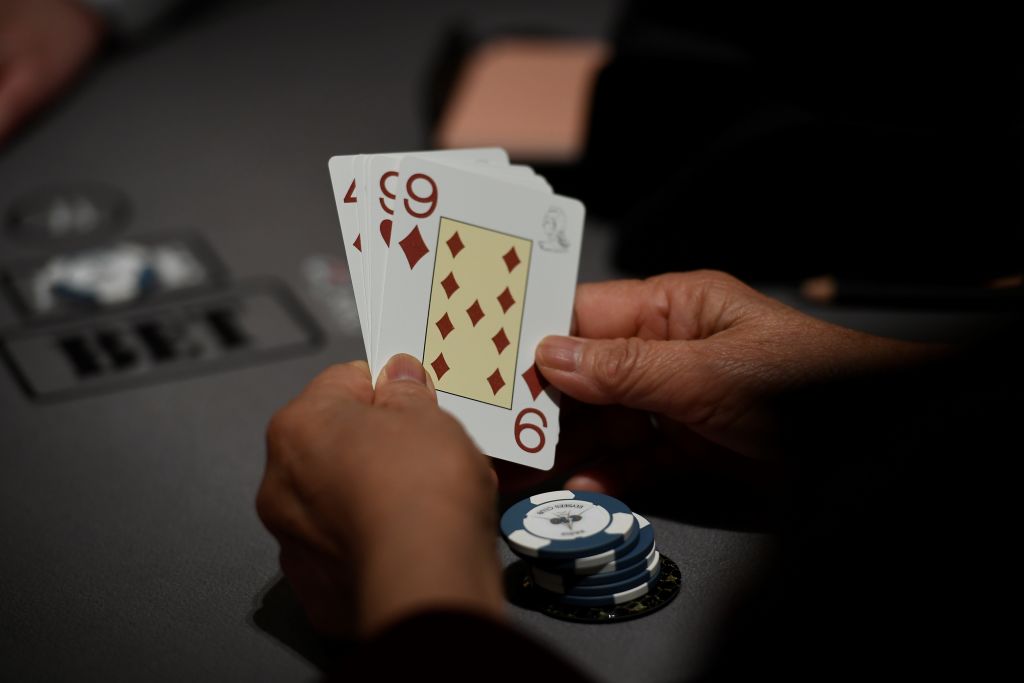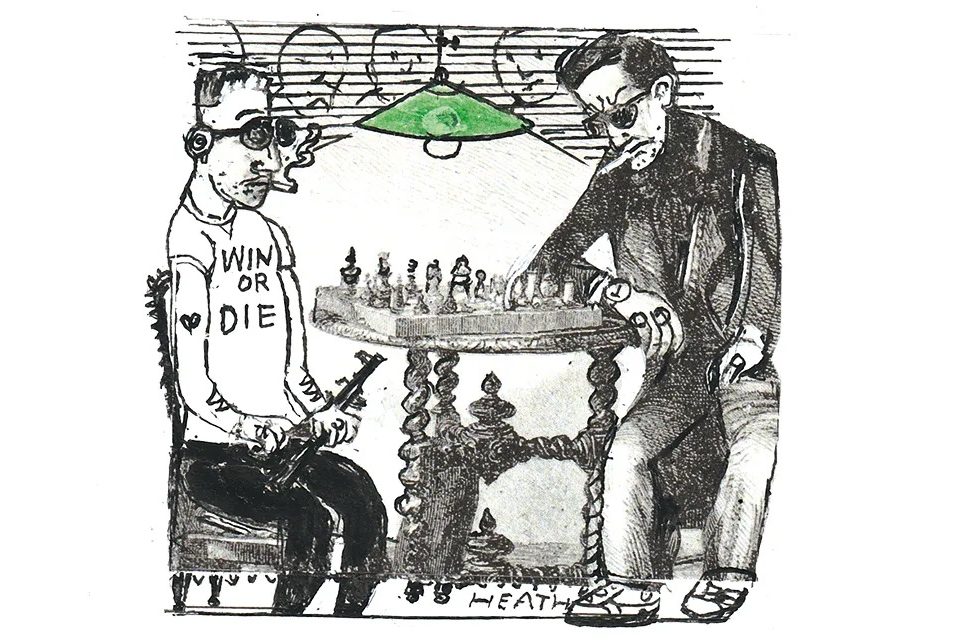Cheating scandals in sports are, sadly, not uncommon. Tom Brady was suspended for several games after the NFL claimed he was “generally aware” of a plot to deflate footballs to make them easier to throw. The Houston Astros fired their manager for using video footage to steal opponents’ signs. Barry Bonds missed out on a spot in the baseball Hall of Fame over his use of performance enhancing drugs. Cyclist Lance Armstrong was stripped of his seven consecutive Tour de France titles and an Olympic medal for doping.
Still, it’s fairly unusual for cheating to make national headlines unless it occurs outside of one of the four major professional sporting leagues. That’s why it caught my attention when there were three major cheating scandals involving niche sports in just one month.
Two supposed winners of a fishing tournament in Ohio were disqualified when officials discovered they had stuffed their fish with lead weights and fish fillets to make them read heavier on the scale. The story blew up thanks to an amazing viral video that shows the weights being cut out of the fish as the rest of the tournament field screams at one of the cheaters in rage. The winners of the tournament stood to win over $20,000 — and evidence suggests this pair may have cheated their way into past victories worth a few hundred thousand dollars. There was almost no chance that these guys wouldn’t eventually be caught. As anyone who has gone fishing with any regularity knows, you can tell how much a fish is going to weigh based on its size. This duo somehow thought they’d get away with doubling the weight of their fish amid a group of professionals. How idiotic.
Meanwhile, in the world of professional chess, nineteen-year-old American grandmaster Hans Moke Niemann was found to have “likely cheated” in more than 100 matches. Niemann’s integrity was first called into question when he shockingly defeated world champion Magnus Carlsen in early September. The next time the two played one another, Carlsen resigned from the match after just one move. Chess junkies decoded his silent message: Niemann must have been cheating. Sure enough, an investigation by Chess.com confirmed that he likely received illegal assistance in many of his matches, including ones in which he was set to win prize money.
“His over the board progress has been unusual, and throughout our game in the Sinquefield Cup I had the impression that he wasn’t tense or even fully concentrating on the game in critical positions, while outplaying me as black in a way I think only a handful of players can do,” Carlsen finally said in a statement in late September.
Finally, there is a debate raging over whether or not a player cheated during a recent poker tournament. I only understand the basics of poker, so bear with me. Essentially, Garrett Adelstein needed just one of two cards to get a straight flush heading into the river. His opponent, Robbi Jade Lew, only had a jack high. Adelstein went all-in. Lew, against all normal logic, called his bet. The river didn’t help either player, and so Lew stunningly ended up winning the hand with her jack high.
Adelstein alleged that Lew’s decision to go all-in was so deranged that she must have cheated somehow. Lew hasn’t provided a good explanation for why she went all-in, which could either be evidence that she did indeed cheat, or just that she is just a crappy poker player who got really lucky. Either way, Lew agreed to fork over her winnings from the hand to Adelstein in an attempt to deescalate the situation.
There are plenty of reasons why someone might cheat in a sport: money, fame, laziness. These stories are an important reminder, though, that it’s not worth the trouble. Most sports have been around long enough that it’s just too obvious when someone tries to skirt the rules. And even if a cheater doesn’t get caught, they still have to live with themselves. Maybe that’s the greatest punishment of all.

























